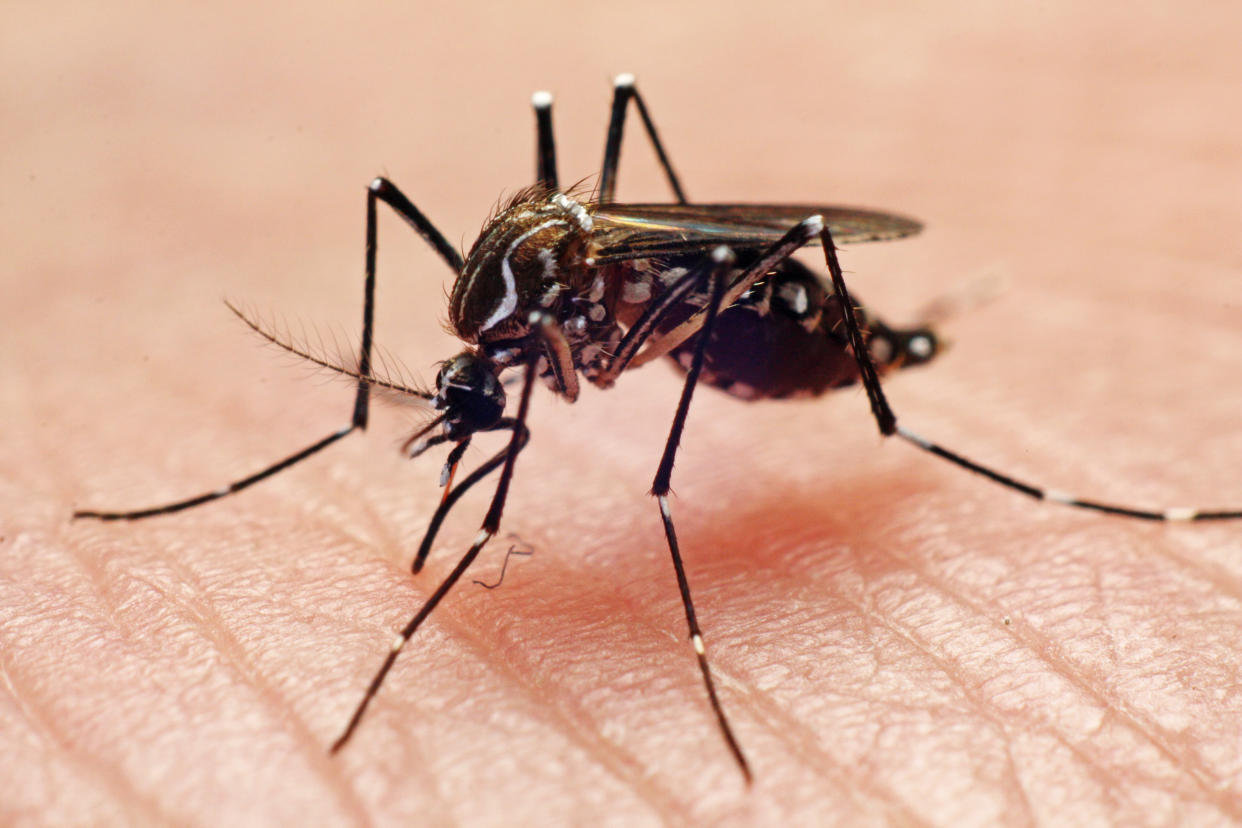NEA sends warning amid sharp spike in dengue cases and active clusters

SINGAPORE — The rising number of dengue cases in Singapore is showing little signs of abating, with 468 cases being reported in the week ending 15 June – the highest weekly figure since March 2016.
The National Environment Agency (NEA) said in an update on its website that the weekly number of reported dengue cases have more than quadrupled in the past three months.
The number of active dengue clusters has also more than doubled in the past month to 112, as of Monday (17 June).
In addition, the Aedes aegypti mosquito population in the community is persistently high, with a 25 per cent increase in April as compared to a month before. This increases the risk of transmission of the dengue virus.
As of 15 June, there were 5,185 dengue cases reported this year. Four people have died from the disease this year, with the latest being reported in May.
NEA said in the update that the period from June to October is the traditionally peak dengue season due to the warmer weather, and urged a collective effort to keep the situation under control.
Measures to eradicate mosquito breeding habitats
The public is strongly encouraged to eradicate potential mosquito breeding habitats and step up housekeeping measures in their respective premises, with steps such as:
Turn pails over
Tip vases
Flip flowerpot plates
Loosen hardened soil
Clear roof gutters and place BTI insecticide inside
Resident should also cooperate with NEA officers to facilitate their checks and indoor misting in their homes.
Those planning to go on vacation should bring insect repellent while travelling. They should also mosquito-proof their homes before they travel, with such measures:
Cover toilet bowls and seal off overflow pipes of flushing cisterns
Cover floor traps
Add granular insecticide to places where mosquitoes could breed, and in places where stagnant water cannot be removed
Clear debris and add BTI insecticide in roof gutters
Turn over water storage containers and wipe rims dry
Ask a relative or trusted friend to check your home regularly for stagnant water if you are going away for a long time
Leave your contact details with your neighbours or the neighbourhood police post/centre so that you can be reached easily
Symptoms of dengue
Persons infected with dengue should protect themselves from mosquito bites by applying repellent regularly. The symptoms of dengue include:
Sudden onset of fever for two to seven days
Severe headache with retro-orbital (behind the eye) pain
Joint and muscle pain
Skin rash
Nausea and vomiting
Bleeding from the nose or gums
Easy bruising of the skin
The public can check the latest updates on the dengue situation in Singapore via the NEA website, the Stop Dengue Now Facebook page and myENV app.
Related stories:
Man, 63, fourth person to die from dengue in Singapore this year
Dengue cases in 2019 already surpass total cases in 2018: NEA statistics



